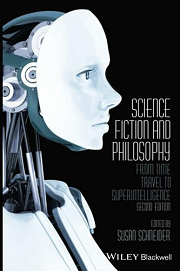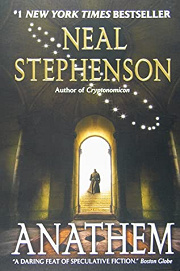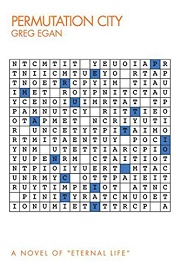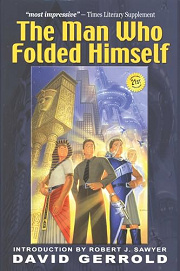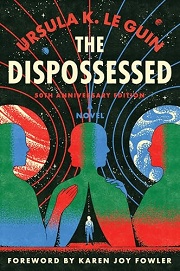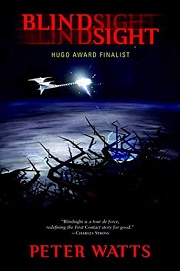Share your thoughts in a quick Shelf Talk!
Science Fiction and Philosophy: From Time Travel to Superintelligence by Susan Schneider
What do time travel paradoxes, simulated worlds, and superintelligent minds reveal about reality and ourselves? Science Fiction and Philosophy: From Time Travel to Superintelligence pairs classic stories with accessible essays, turning big ideas into an invitation to think adventurously.
Have you read this book? Share what you liked (or didn’t), and we’ll use your answers to recommend your next favorite read!
Love Science Fiction and Philosophy: From Time Travel to Superintelligence but not sure what to read next?
These picks are popular with readers who enjoyed this book. Complete a quick Shelf Talk to get recommendations made just for you! Warning: possible spoilers for Science Fiction and Philosophy: From Time Travel to Superintelligence below.
In Science Fiction and Philosophy: From Time Travel to Superintelligence, did you enjoy ...
... the rigorous thought experiments about consciousness, identity, and the simulation argument?
Anathem by Neal Stephenson
You enjoyed how Schneider’s anthology walks through transporter puzzles, brains-in-vats, and the simulation argument; Anathem lets you live inside that seminar. Following Fraa Erasmas and his fellow avout through cloistered debates, "Saunt" lectures, and ultimately first contact with an otherworldly intelligence, you’ll get the same heady mix of metaphysics and cosmology—only now embedded in a sweeping narrative that makes questions about minds and reality feel urgent and concrete.
... the copy-mind puzzles and personal identity thought experiments?
Permutation City by Greg Egan
If the anthology’s teleportation/duplication cases and AI personhood debates grabbed you, Egan’s Permutation City is the purest fictional stress test of those ideas. You’ll follow Paul Durham as he spins up software selves, challenges what counts as a "real" observer with the Dust Theory, and collides with Maria Deluca’s virtual creation—pushing the same questions about continuity, rights, and reality that the book raises to mind-bending extremes.
... the meticulous breakdowns of time-travel paradoxes?
The Man Who Folded Himself by David Gerrold
When the anthology dissects the grandfather paradox, causal loops, and self-consistency, you get the conceptual thrill of time travel made logical. Gerrold’s The Man Who Folded Himself takes Daniel Eakins and a time belt through diaries, meetings with multiple versions of himself, and increasingly tangled loops—dramatizing exactly the paradoxes and identity puzzles you enjoyed working through in the book.
... the socially rich, idea-driven speculation about ethics and society?
The Dispossessed by Ursula K. Le Guin
If you liked how the anthology uses science fiction to think through moral frameworks—AI ethics, personhood, and social design—The Dispossessed gives you that depth on a societal scale. Following Shevek between Anarres and Urras, you’ll see competing visions of freedom, obligation, and progress tested through concrete lives and institutions, much like the book’s thought experiments but anchored in culture and consequence.
... the hard-science inquiry into intelligence, qualia, and alien contact?
Blindsight by Peter Watts
The anthology’s sections on consciousness, zombies, and the Chinese Room set you up perfectly for Blindsight. A posthuman crew—Siri Keeton, Susan James, and others aboard the Theseus—encounters an alien entity that may be hyperintelligent yet mindless. The mission’s brutal, data-driven revelations press the same questions you wrestled with about what consciousness is for, and whether intelligence requires a subjective inner life.
Unlock your personalized book recommendations! Just take a quick Shelf Talk for Science Fiction and Philosophy: From Time Travel to Superintelligence by Susan Schneider. It’s only a few questions and takes less than a minute.
